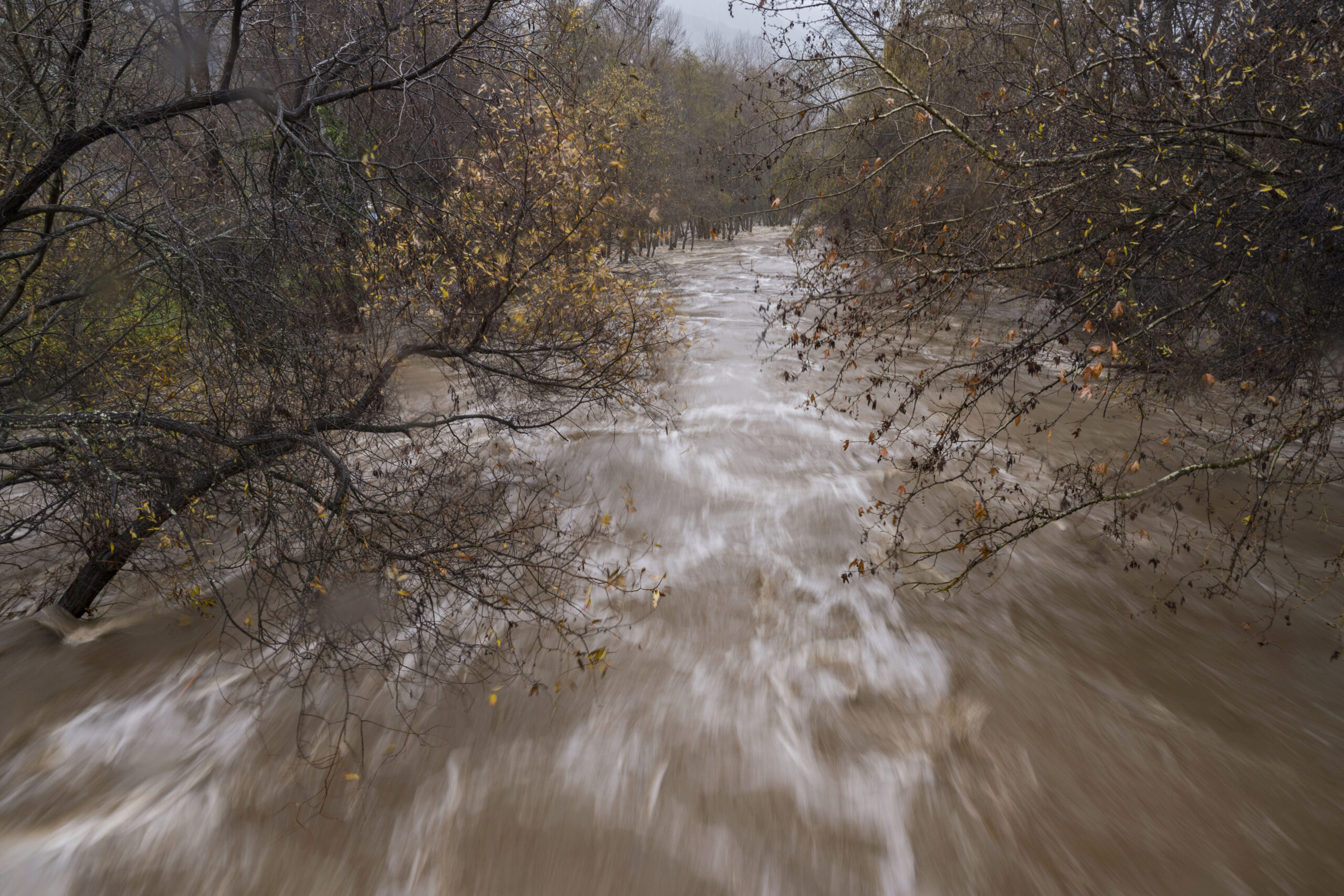After one of the wettest winters on record, the San Francisco Public Utilities Commission will lift its nearly 1-year-old drought surcharge—but another proposed hike is in the works.
With historic snowpack levels and reservoirs filling up around the state, the commission voted unanimously on Tuesday to lift the Water Shortage Emergency Declaration. Starting in May, retail and wastewater customers will stop paying a 5% surcharge that’s been in effect since April 2022.
“While these storms may have ended the latest drought for much of California, climate change is resulting in weather whiplash,” Dennis Herrera, utilities commission general manager, said in a press release. “Rapid shifts between extreme weather mean long-term vulnerabilities for our water supply.”
That doesn’t mean you can leave the tap running while you brush your teeth. Urban water agencies are still required to remain in drought-response mode, which means San Francisco customers are still tasked with reducing their water consumption by 5% and wholesale agencies the city sells water to in the Bay Area by 16%.
The Public Utilities Commission, technically a San Francisco city department, also said it plans to invest billions in capital improvements to adapt the system to climate change while keeping the drinking water safe and affordable.
Ratepayers, however, will shoulder the cost of those investments. The commission is proposing a roughly 8.3% yearly increase for water and sewer services, which is estimated to cost the average single-family household another $12.69 each month, starting July 1.
If approved, residents may notice the sewage portion of a bill will separate wastewater—which is sewage that flows out of toilets—from stormwater, from rain runoff.
Bay Area residents may already feel the pinch from a spike in energy costs this winter, compounded by a 16.3% increase proposed by PG&E starting in the fall.
Low-income customers can apply for a 25% discount on water and sewer bills. The SF utilities commission also offers help with personalized evaluations on water efficiency and rebates for appliances that consume less water.
The agency is holding virtual town hall meetings in April, including one on Tuesday at 6 p.m.
